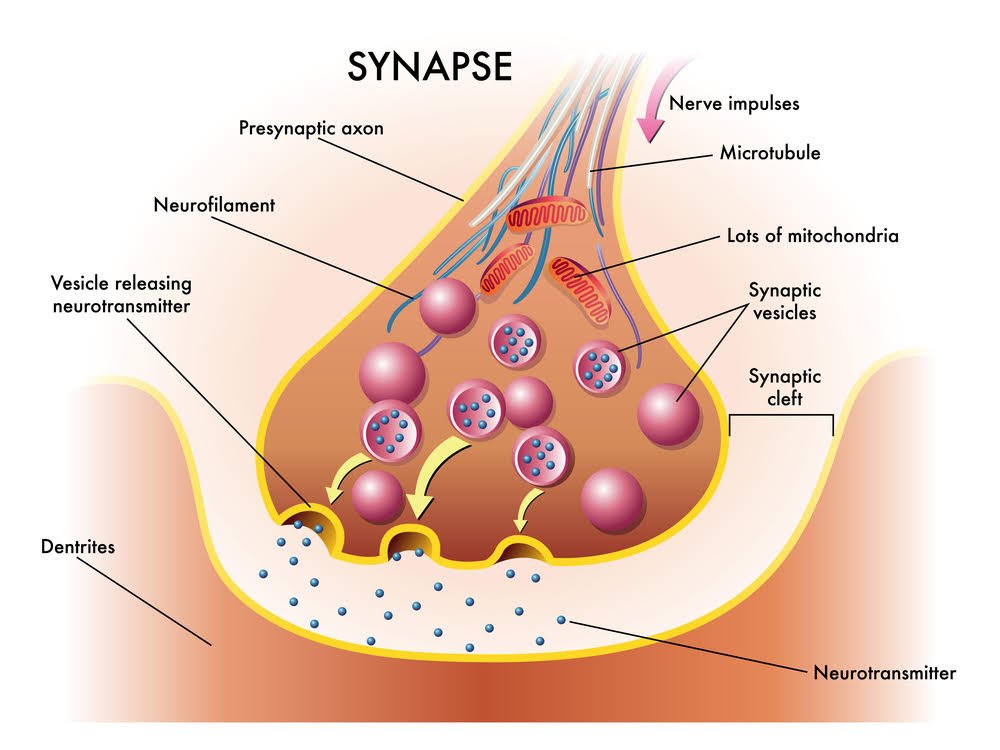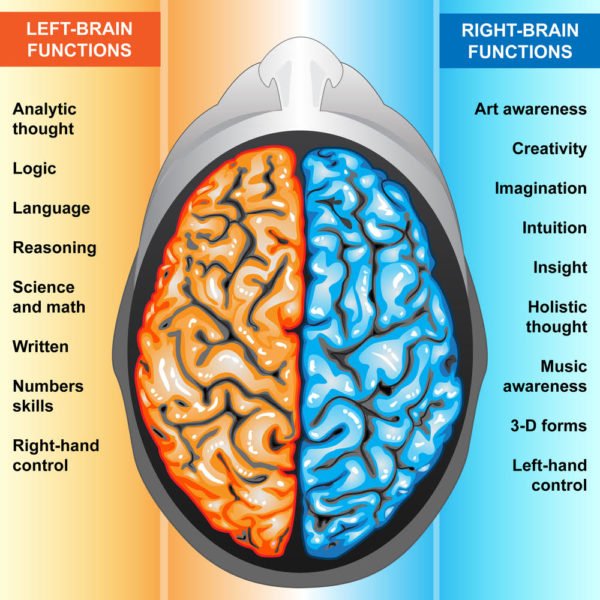Don’t you hate it when you’re introduced and you can’t remember the person’s name? What about remembering whether or not you already told someone that story? It’s like one day you go from young to old!
This stuff seems to happen more and more as you age. Why does it happen to some of us, and not to others? I’ve wondered. I think it has to do with elevated homocysteine, at least in part. Emerging research about homocysteine connects it to neurofibrillary tangles, and those are associated with progressive memory disorders like Alzheimer’s.
Did you know that NSAIDs and oral contraceptives are strong drug muggers of folate? If you deplete folate (vitamin B9) or vitamin B6 or B12, you block your methylation cycle, then homocysteine builds up and memory becomes impaired.
If you deplete those nutrients you cause the methylation cycle to stop dead in it’s tracks. The higher the homocysteine, the worse your cognitive function. I know you’ve heard of this compound as a cardiotoxin, but it’s actually a potent neurotoxin and attacks your hearing, vision and brain.

Maybe memory has to do with neurogenesis, our ability to create new brain cells… perhaps it’s a question of declining vitamin B12, which is manufactured by your intestinal flora. Another way to say this bluntly, is this: What people eat on a daily basis impacts gastrointestinal health to such an extent that it could give you a bad mood and crumby memory.
If your mood and memory are triggering anxiety, it could really be related to GI issues, so take 5 minutes to CLICK HERE and read my article entitled, How Your Gut Flora Contributes to Anxiety.
There are certain herbs and amino acids that are thought to help with memory and spark nootropic behavior in the brain. Just FYI, “nootropics” pronounced “noah-trope-icks” are defined as substances that can improve cognitive function.*
There might be a way to make the brain situation better. First I’d like to share the very basics for what you need to be doing to enjoy optimal cognitive function.
You Lower All of These:
Free Radicals (cigarettes, excessive alcohol and pesticides)
Stress
Body Weight if applicable
Plaquing
Homocysteine
You Increase All of These:
Acetylcholine
Blood Flow
Physical Activity
Antioxidants
Nutrients in the B vitamin category
Now, here are some supplement choices, most of which you can buy over-the-counter, but of course ask your doctor what’s right for you. I couldn’t possibly know what’s right for each of you and this article reaches million of people, so again, find out if these simple nutritional fixes are ideal for you. Also, you can try one supplement at a time, that may be enough for some of you. For others, you might need to combine a few.
For now, let me outline each item so you can research it, and ask your physician to find out if it’s something you need. Dosages are not listed because if you were to take three of these for example, you would not necessarily need the recommended dosage of each due to the synergy of taking three items. I also think that dosages vary dramatically from person to person. One of you might respond to 10mg of something, and the next person reading this might need 800mg! So I’m not listing dosages on anything, follow label directions for the product you buy.
Acetyl-L-Carnitine
This is sold without prescription in the U.S. The amino acid Acetyl-L-Carnitine crosses the blood-brain barrier more readily than regular plain L-Carnitine, and it helps the body make acetylcholine, the brain’s super neurotransmitter that is necessary for healthy mood and optimal cognitive function, as well as muscle health, a side benefit.*
Lion’s Mane (Hericium erinaceus)
The herb Lion’s Mane possesses well-known neuroregenerative effects.* A 2014 study concluded that, “hericenone E potentiated NGF-induced neuritogenesis in PC12 cells via the MEK/ERK and PI3K/Akt pathways.” That’s a technical mouthful, I know, but what it means is that the active ingredient in Lion’s Mane promotes the growth of nerve cells in the brain.* If you’d like to know more about this truly special mushroom, CLICK HERE to read my article, Lion’s Mane Helps Your Brain.
Bacopa monnieri
Bacopa monnieri exerts a strong protective effect on the brain because it inhibits the production of acetylcholinesterase, an enzyme that breaks down acetylcholine, and acetylcholine is a neurotransmitter that you want a lot of in your brain.*
There was a human STUDY on 76 people taking Bacopa, and the participants were aged between 40 and 65 years old. This randomized, placebo-control study assessed memory function and anxiety. You won’t be surprised that the study concluded, “The results show a significant effect of the Bacopa monnieri on a test for the retention of new information.”
Gotu Kola (Centella asiatica)
Gotu kola, commonly called pennywort, contains compounds that support neurotrophin secretion.* All neurotrophins, including BDNF (Brain-Derived Neurotrophic Factor) support neuronal function, help maintain brain integrity, and signal nerve cells to survive, differentiate, and grow properly* and, well, essentially they help keep us alive!
As part of Gotu Kola’s neurotrophic benefits, it may help to increase the growth of neurons, promoting brain function, reducing mental fatigue, and supporting memory.*

Phosphatidylserine
Phosphatidylserine begin to decline with age. This is a fat-soluble amino acid found in high amounts in the developing brain of children and adolescents. This amino acid is well-known in the field of medicine, to basically help us “connect the wires” upstairs.* In simple terms, it appears to make nerve impulses fire better.*
Phosphatidylserine is also required to create healthy nerve cell membranes and myelin.* In case you didn’t know, myelin is that fatty covering around your neurons. PS can slow, halt, or even reverse certain biochemical alterations and the structural deterioration of nerve cell membranes.*
EGCG (Epigallocatechin-3-Gallate)
EGCG is a potent antioxidant found naturally in green tea, and EGCG can cross the blood-brain barrier. A 2012 study in mice found that supplemental EGCG promotes “brain plasticity” in the hippocampus area of the brain.* Having a healthy hippocampus is important because it’s the primary area of the brain where learning and memory occur.*
The term “brain plasticity” refers to the brain’s ability to reorganize itself by forming new connections between brain cells (or neurons).* And that’s what you want, to keep forming new connections between your brain cells* especially as you get older.
Ginkgo Biloba (Salisburia adiantifolia)
Making sure the brain gets the energy it needs can be accomplished by providing adequate amounts of oxygen and glucose via healthy cerebral blood flow.
Ginkgo biloba can increase cerebral blood flow because it dilates blood vessels and makes platelets less sticky.* This results in more blood being delivered to your brain.* Optimal blood flow to the brain promotes brain cell communication.* Plus, Ginkgo is also a potent antioxidant, so it helps neutralize free radicals.*
What Should You Do?
Today should be an important day for you, particularly if you’re now really thinking seriously about your memory for the first time. I’m not a fan of the “wait and see” approach when it comes to memories. Our life experiences and relationships as well as friendships and jobs all depend on our ability to think with clarity.
This is certainly an opportunity for you to think about how precious your brain really is. We only have one – and it needs to last for a lifetime. Here are other non-supplement suggestions that will help you feeling better:
Eliminate MSG.
Cutting down on MSG and foods that are high in natural glutamate will decrease the compounds known to trigger physical restlessness, annoying mental chatter as well as insomnia.
I wrote an ebook, Recipes for a Better Memory, that is filled with mouth-watering and healthy brain-saving recipes. DOWNLOAD it here to get help in the most delicious way.
Sleep.
Sleep deprivation is particularly bad for your memory. Optimal sleep is necessary so your brain can consolidate individual memories, to “make them stick” so your brain can recall those memories later. In addition, sleeping increases the antioxidant melatonin which enhances neuronal protection.
Eat Walnuts.
They’re high in omega-3 fatty acid, DHA. Among DHA’s many positive benefits, DHA has been shown to protect brain health in newborns, improve cognitive performance in adults, and it might even help ameliorate age-related cognitive decline.*
If you want a one-two punch for your brain, a little fish oil could be helpful. DHA is specifically useful for the brain, CLICK HERE to read How DHA Builds a Better Brain.

Suzy Cohen, has been a licensed pharmacist for over 30 years and believes the best approach to chronic illness is a combination of natural medicine and conventional. She founded her own dietary supplement company specializing in custom-formulas, some of which have patents. With a special focus on functional medicine, thyroid health and drug nutrient depletion, Suzy is the author of several related books including Thyroid Healthy, Drug Muggers, Diabetes Without Drugs, and a nationally syndicated column.
